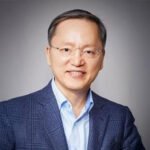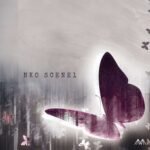POSCO Future M obtains international standard verification for anode and cathode materials’ carbon footprint
POSCO Future M Co., South Korea’s anode materials producer, has completed the international standard verification for the carbon footprint of its anode and cathode materials.
The company announced on Thursday that it received international standard (ISO 14067) carbon footprint verification certificates for its cathode materials PN6 (with over 60% nickel content) and PN8 (with over 80% nickel content), as well as natural graphite anode materials from the accredited verification agency, Korean Foundation for Quality, at POSCO Center in Gangnam-gu, Seoul, the previous day.
The carbon footprint certification measures the carbon emissions throughout the entire life cycle of a product, including raw material extraction, transportation and production. If the standards are met, the product is certified.
The system was first proposed by the United Kingdom in 2006 and has since been used as an indicator for establishing sustainable consumption and production systems.
In the battery sector, the European Union (EU) will make it mandatory to measure and report the carbon footprint of battery products starting in 2025. Failure to comply with this requirement will make it difficult to operate in the global market.
Through this carbon footprint verification, POSCO Future M expects to enhance its credibility by transparently disclosing information about its carbon emission management system, thereby expanding its presence in the global market.
The company plans to use this verification data for analyzing production processes to reduce carbon emissions and for introducing energy-saving technologies.
Additionally, it intends to manage the carbon footprint of next-generation products such as high-nickel single-crystal NCMA and NCA cathode materials.
By Hyung-Kyu Kim
khk@hankyung.com















